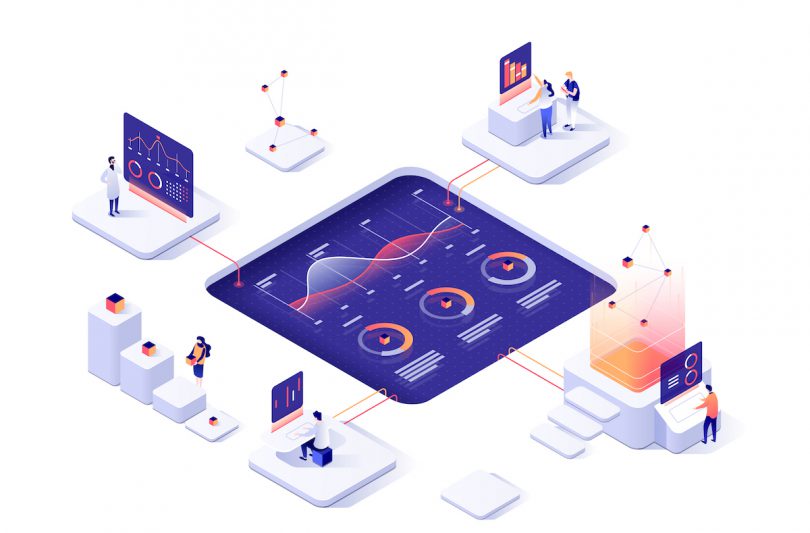Data: It’s the ones and zeros. It’s the backend of the business — what we only partially understand but depend on for our applications and reports to work.
But data also represents people and their activities. Its quality has real impact on real people, and the way we treat our data is an expression of how we treat people.
With this idea in mind, it’s time to bring the topic of data management up from the basements of our businesses, organizations and governments to our executive floors, boardroom tables and legislatures.
In many ways, progress has been made toward increasing public awareness of data management’s importance. A confluence of data security with national and financial security has led “non-data” people to think much more about the topic. Companies and governments have begun to unlock the predictive and prescriptive potential of data analytics in compelling ways, which demonstrates to leaders why data are valuable.
But for many people, the phase “big data” still sounds mysterious and magical. Even though we know the importance of data, the number of people who understand it is still small. Most people are still confused by the idea of a database, let alone a worldwide, interconnected web of databases that contain records of just about everything.
Mistreating data means mistreating people
Data doesn’t have to be seen as just abstract collections of zeroes and ones. Data contain records of who people are — their personal and professional information, their activities. And while most organizations declare that treating people well is central to their values, too many mistreat their data. Not treating data well has negative consequences for people.
For example, when a cable TV company claims to love its customers but can’t keep track of their invoices and payments, it mistreats those people through incompetent data management. The same goes for when the U.S. government misprocessed applications for the first launch of HealthCare.gov. In any negative data-related situation, the answer for how to treat people better is to treat the data better.
We have to realize that we’ve all become data stewards as well as data consumers. It’s our job to care for data as we would any other crucial asset. And PR practitioners have to make sure they’re using good data.
In both cases, good data inspires sound decision-making. By caring about data, we care about people. So spread the love.
Aaron Fuller is the principal consultant and owner at Superior Data Strategies and is responsible for guiding clients toward reliable and valuable business solutions as they relate to data warehousing, business intelligence and enterprise-architecture programs. Reach him at aaron@superiordatastrategies.com or on Twitter @AaronTheDataGuy.







